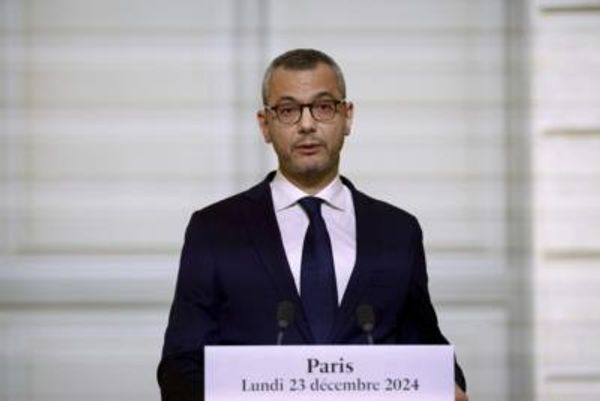
Australian far-right YouTuber Avi Yemini has joined the list of right-wing trolls and influencers Elon Musk has been publicly palling around with on Twitter since the world’s richest man bought the social-media platform.
While the Tesla CEO has long purported to be a centrist technocrat with a history of voting for the Democratic Party who publicly promised Twitter employees that he was not going to oversee a “right-wing takeover” of the platform, Musk has dropped this pretence over the past few months. He has become increasingly vocal about his support for the right, last week tweeting his enthusiasm for Florida Governor Ron DeSantis — much to the delight of the online MAGA right.
His cosying up to the right has played out largely on Twitter. Since purchasing it, Musk has almost exclusively responded to tweets of the notoriously anti-”woke” online accounts who celebrated his purchase. He has almost become Twitter’s customer service for the platform’s most popular reactionaries, misinformation superspreaders and conspiracy theorists.
These include Ian Miles Cheong, a far-right blogger who praised Adolf Hitler, Trump ally Tom Fitton, and election fraud conspiracy theory promoter Dinesh D’Souza. He has also replied to the oddly influential anonymous Twitter account @catturd2. (If you don’t know any of these names, consider yourself blessed.) Many of the tweets are requests for Musk to change the platform or investigate their grievances about the company’s previous management.
And now joining these luminaries is Australia’s own Avi Yemini, a convicted domestic abuser and employee for alt-right Canadian media company Rebel Media who was recently denied entry to New Zealand.

“Hey @elonmusk, Can you find out what other elections were ‘handled’ by the former Twitter regime? Thank you, the rest of the world,” Yemini tweeted.
He followed up by asking Musk to release the communications between former Twitter executive Vijaya Gadde and New Zealand Prime Minister Jacinda Ardern, implying that Twitter had somehow interfered with the recent NZ election.
Soon after, the centibillionaire responded: “I’ve seen a lot of concerning tweets about the recent Brazil election. If those tweets are accurate, it’s possible that Twitter personnel gave preference to left-wing candidates.”
Musk’s vague claim — a half-accusation based on unspecified tweets made by a man who has access to Twitter’s entire backend and the capacity to investigate — gives oxygen to defeated far-right incumbent Jair Bolsonaro’s campaign to overturn the Brazilian presidential election where he was defeated by left-wing candidate Luiz Inácio Lula da Silva.
Much like many of the decisions made during his Twitter takeover, Musk’s response reeks of a knee-jerk reaction based on the little information that he’s picked up from his right-wing filter bubble. His enormous audience and influence means that even one tweet can be enough to amplify an idea or an individual much, much further.
With Musk’s power, even a half-baked thought tweeted out in a idle moment leaves a significant mess for others to clean up.







